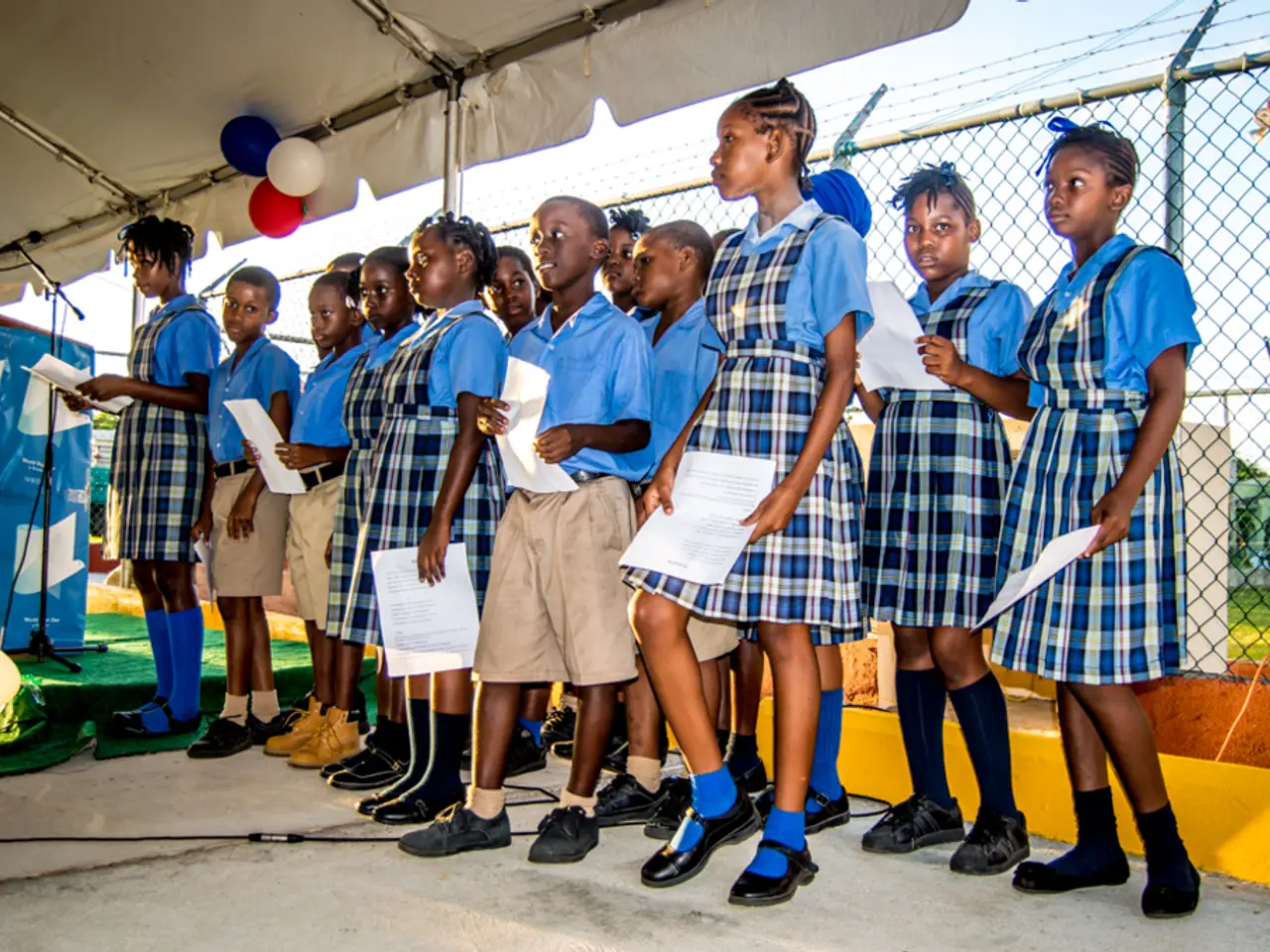World Teachers' Day Highlights Bangladesh's Struggle With Low Teacher Pay
World Teachers' Day, observed annually on October 5, highlights the challenges faced by educators worldwide. This year's theme, 'Recasting teaching as a collaborative profession', underscores the need for change. In Bangladesh, teachers grapple with low pay and social security, as seen in their Warrant of Precedence. This contrasts sharply with their counterparts in Singapore, who enjoy significantly higher salaries due to the country's economic prosperity.
Bangladesh, with approximately 1.28 million primary to tertiary teachers, struggles with poor government spending on education. University lecturers in Bangladesh earn between $220 and $482 per month, far less than their peers in India, Malaysia, and Singapore. The average primary school teacher's salary in Bangladesh is a mere $170.02, dwarfed by salaries in other Asian countries. This underpayment discourages talented individuals from entering the teaching profession, leading to a cycle of low pay and low social security.
Teachers' protests for salary increases often face harsh treatment from law enforcers. The root cause of these issues lies in the government's inadequate spending on education. The low pay and social security of teachers negatively impact the education sector, with consequences for Bangladesh's future development.
On World Teachers' Day, it's crucial to acknowledge the disparities in teacher remuneration and status between countries like Bangladesh and Singapore. Addressing these issues requires increased government investment in education and a shift in societal perception of teachers. By valuing and supporting educators, Bangladesh can improve its education sector and secure a brighter future for its students.





